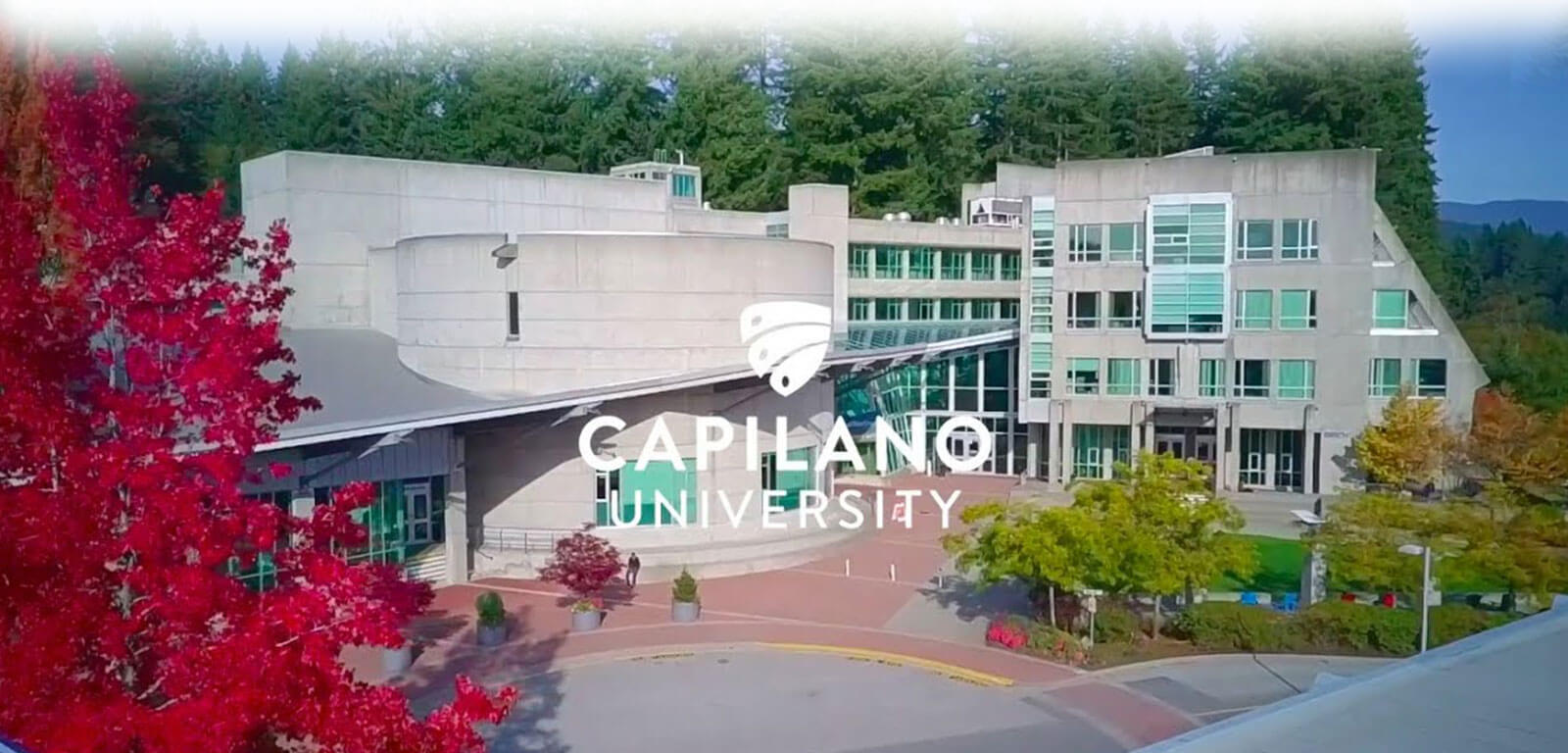Required Courses
English requirement
Total credits: 6.00
Required:
ENGL English 100-Level 6.00 credits
Mathematics requirements
Total credits: 6.00
Choose 3.00 credits from the following list:
MATH 108 Calculus I for Business, Social Sciences and Life Sciences 3.00 credits
MATH 116 Calculus I for Physical Sciences and Engineering 4.00 credits
Required:
MATH Mathematics 3.00 credits
Biology requirements
Total credits: 8.00
Choose 4.00 credits from the following list:
BIOL 109 Introductory Biology 5.50 credits
BIOL 110 General Biology I 4.00 credits
Required:
BIOL 111 General Biology II 4.00 credits
Chemistry requirements
Total credits: 8.00
Required:
CHEM 110 Bonding and Structure 4.00 credits
CHEM 111 Chemical Dynamics and Energetics 4.00 credits
Physics requirements
Total credits: 4.00
Choose 4.00 credits from the following list:
PHYS 112 Introductory Physics for the Life Sciences I 4.00 credits
PHYS 113 Introductory Physics for the Life Sciences II 4.00 credits
PHYS 114 Fundamental Physics I 4.00 credits
Biology electives
Total credits: 14.00
Required:
14.00 credits of Biology at the 200-level
BIOL Biology 200-Level 14.00 credits
Science electives
Total credits: 6.00
Choose 6.00 credits from the following list:
Science at 200-Level 3.00 credits
Science at 200-Level (other than Biology) 3.00 credits
Electives
Total credits: 6.00
Choose 6.00 credits of electives:
University Transferable Electives 6.00 credits
Arts Electives (excluding English and any courses that have transfer credit in both Arts & Science)
Total credits: 6.00
Choose 6.00 credits of electives:
University Transferable Arts Electives 6.00 credits
Total program credits: 64.00
ADDITIONAL INFORMATION
Please see Classification of Subjects for Associate Degrees in the University Calendar for clarification of Arts, Humanities, Social Science and Science electives.
SEE ASSOCIATE DEGREE COURSES
Learning outcomes
Use the scientific method - generate hypotheses; predict outcomes; collect, analyze and interpret data; compile and interpret graphs and figures; draw sound conclusions; modify predictions and identify knowledge gaps.
Demonstrate proper laboratory techniques - conduct planned experiments, operate laboratory equipment, prepare dissections.
Communicate scientific information effectively - research and write annotated bibliographies, research and write essays and laboratory reports.
Explain and apply the core biological concepts of evolution, structure and function, information flow, the transformation of energy and matter, and systems functioning and interconnections.
Show less 



